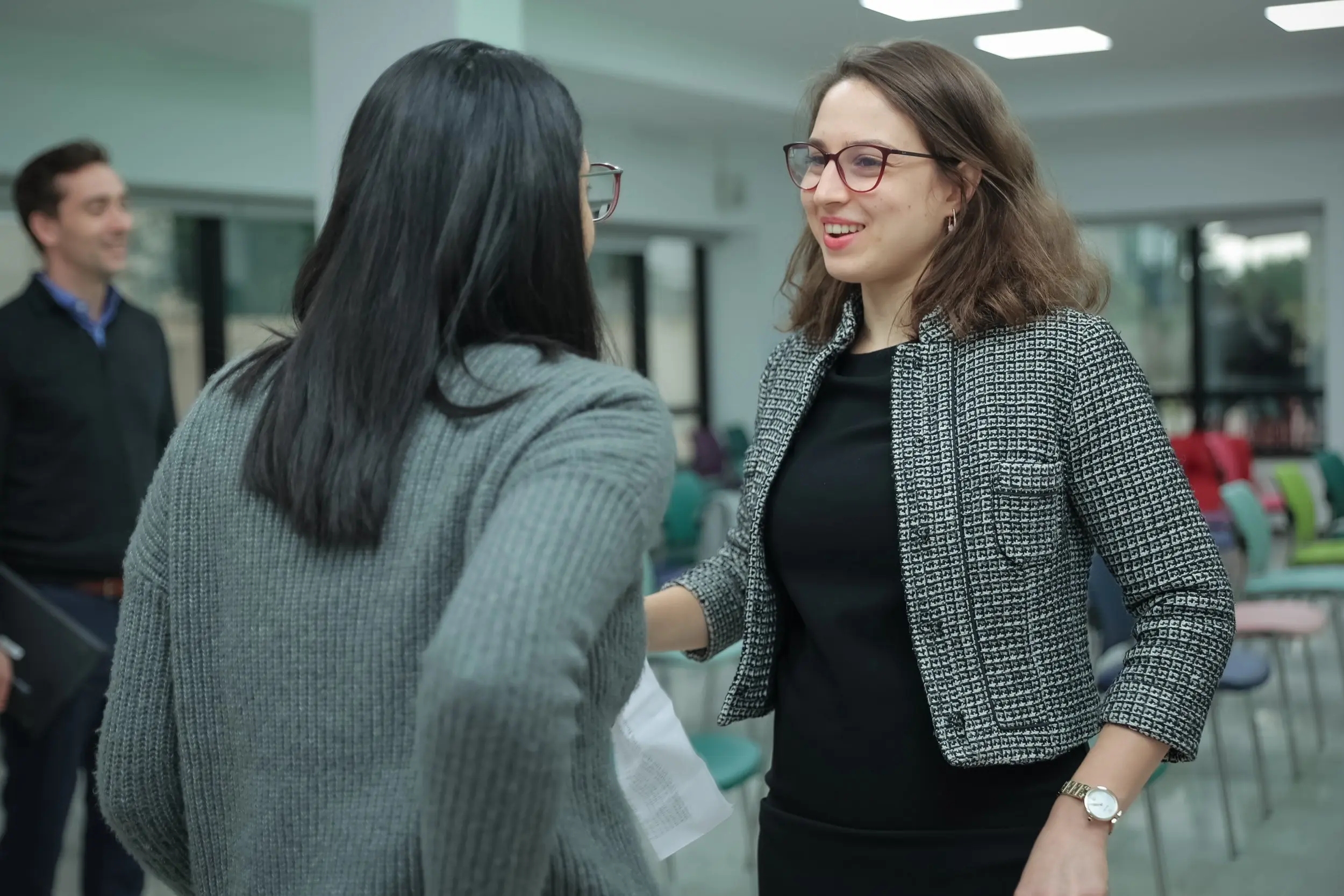
It’s easy to be seduced by the allure of grand gestures and monumental initiatives in the world of social change. But what if the real key to making a difference lies in the power of relationships?
At The Human Edge, we believe that relationships are the foundation of sustainable social change and lasting impact. When individuals feel connected to one another, a remarkable synergy emerges, propelling collaborative efforts towards common goals. And when these relationships are built on pillars of trust, respect, and mutual support, they can create a powerful and unstoppable force for good.
In this blog post, we’ll explore how relationships, coupled with core mentoring and leadership skills like powerful questioning and active listening, can be used to drive sustainable social change. Furthermore, we’ll also discuss the importance of a supportive environment for relationships to thrive.
There is a growing body of research that suggests that relationships are essential for our well-being and success. The study by the Harvard Business Review found that people with strong social networks are more likely to be happy, healthy, and productive. They are also more likely to achieve their goals and surmount obstacles.
The same is true for social change. Connectedness between individuals generates an environment of shared ideas, resources, and support. This, in turn, fuels motivation to take action and effect meaningful change.
In addition to strong relationships, there are core leadership cum mentoring skills that can help us effectively drive social change. These include:
These skills can help build trust and rapport with others, which is essential for creating lasting relationships. They also help to better understand the needs of others to codevelop solutions that are truly beneficial to individuals and society.
In order for relationships to thrive, it is important to create a supportive environment. This means creating a culture of equity, collaboration, innovation, and social impact.
When these elements are interwoven into the fabric of organisations and society, a strong foundation for relationships is formed, capable of driving sustainable change at an organisational, ecosystem and societal level.